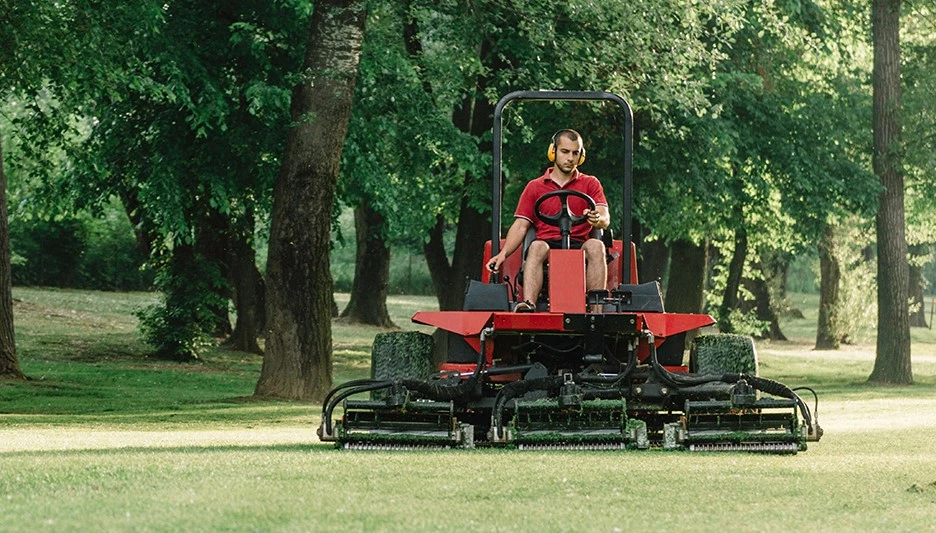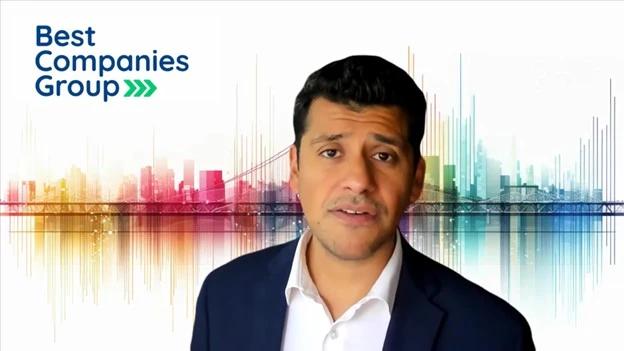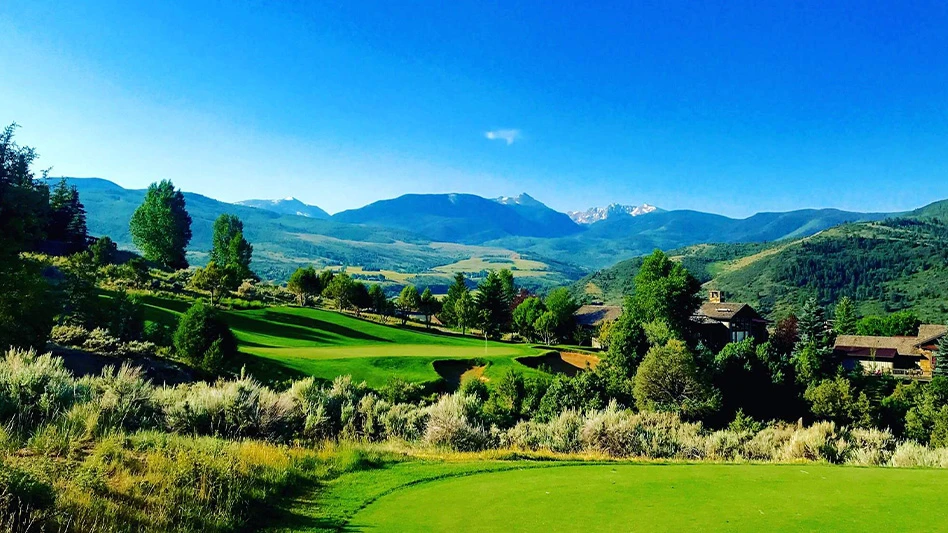
Adobe Stock
In an industry that is so heavily dependent on weather, it can be easy to feel like a lot is out of your control. But one thing that anyone can actively and consciously work on is their mental health.
“The outdoors allows you to kind of be more present,” says Judy Johnson, a professional certified leadership and career transition coach. “Outdoors, you’re able to feel the wind against your skin, you’re able to smell the fresh cut grass if you’re on a golf course, feel the sun beaming down on your face. So, I think being able to allow yourself to center yourself and refocus yourself, particularly if you’re having a bad day is one of the great things that nature can provide – it allows an outlet when it comes to mental health.”
The first step in taking care of your mental health is being able to recognize when you might be struggling in the first place.
“It’s important for people to understand themselves,” Johnson adds. “Self-awareness and self-discovery, I think, is so important and not just analyzing things with your head, but also checking in with your heart and your gut.”
When you work on a golf course, you may be limited to the confines of the 18 holes, but in a way, it allows for a greater sense of freedom.
“I would say that’s the best thing about the golf side of the business … being able to be outside” says Double Eagle (Ohio) Club COO Todd Voss, who started his career as a superintendent.
University of Buffalo assistant professor Dr. Mike Lamb adds, “I think there is a greater sense of physical freedom and mental freedom. You are able to kind of experience the world in a much more expansive, free way than you are say, limited to an office environment.”
“It encourages a little more hope and optimism around the tasks of the day,” adds Lamb, the director of surgical education at the school’s Jacobs School of Medicine and Biomedical Sciences. “There’s just something about being in an uncordoned environment, that you are literally in this kind of expansive space. There is a sense in which the lack of physical boundaries can offer a greater sense of mental freedom.”
Simply working outdoors isn’t enough, though.
“There are jobs that involve working outside that are not great,” Lamb says. “I would say that the combination of the expansive atmosphere and the relative lack of supervision is really helpful mentally.”
While the unconventional work environment may be a huge benefit, there are also some factors that other professions never have to consider.
“You’re working holidays, you’re working weekends, all that kind of thing,” Johnson says. “From a mental health perspective, if you think about some who’s laying asphalt for a living or roofing for a living, you know, those long, hot days can actually potentially decrease your mental health or put you in a state that you’re just foul where you wouldn’t necessarily have been as foul if you weren’t out there slugging away under those extreme conditions.”
For Voss, making the switch from being predominantly outdoors to behind a desk most of the workday has been an adjustment.
“If you stick me in the office for days on end, I start going stir crazy,” Voss says. “You almost feel like a caged animal, like I just need to get outside, get some sun, some fresh air.”
Amidst all the picturesque sunrises and perfectly moved greens, it’s not all rainbows and sunshine every day. Literally.
“You have to take the good with the bad,” Voss says. “It’s that beautiful morning, and then a cold, rainy afternoon. You have to kind of take both, but it’s absolutely amazing to be able to do that.”
Along with the inevitable obstacle the weather presents, something else industry professionals must hurdle is the opinion of others at times.
“It’s amazing how people will kind of look down like ‘oh you get dirty for a living’ or ‘oh you mow the grass here,’” Voss says. “They just don’t get it. They don’t get how much detail and how much work, goes into it … how to understand the chemistry of soils or to understand that education that we’ve all gone though. Sometimes we don’t get the respect of somebody who works in accounting for example.”
If you’re seeking to improve your own mental health or looking out for that of those around you, start with just engaging.
“I always say look out for a friend,” Voss says. “If you can see someone going to the dark side, stand up and say, ‘Hey, let’s get together, let’s go here, let’s go for a ride or just talk and just be together’ kind of thing.”
Sharing your struggles and experiences with someone can help reduce isolation.
“Reaching out to 1-800 hotlines, reaching out to your friends, reaching out to your colleagues, your family,” Johnson says. “I’m such a huge proponent speaking to the elephant in the room.”
Cassidy Gladieux is a Kent State University senior participating in Golf Course Industry’s internship program.
Latest from Golf Course Industry
- Editor’s notebook: Green Start Academy 2024
- USGA focuses on inclusion, sustainability in 2024
- Greens with Envy 65: Carolina on our mind
- Five Iron Golf expands into Minnesota
- Global sports group 54 invests in Turfgrass
- Hawaii's Mauna Kea Golf Course announces reopening
- Georgia GCSA honors superintendent of the year
- Reel Turf Techs: Alex Tessman





